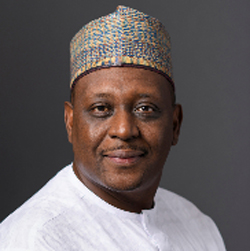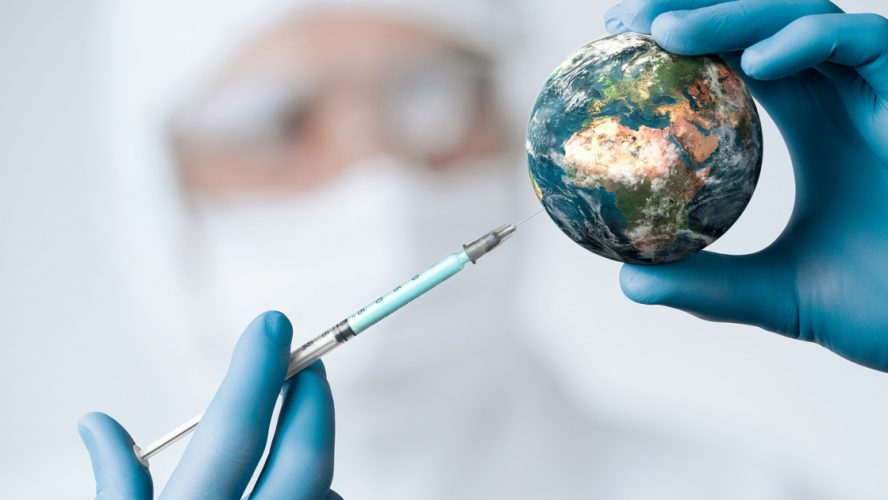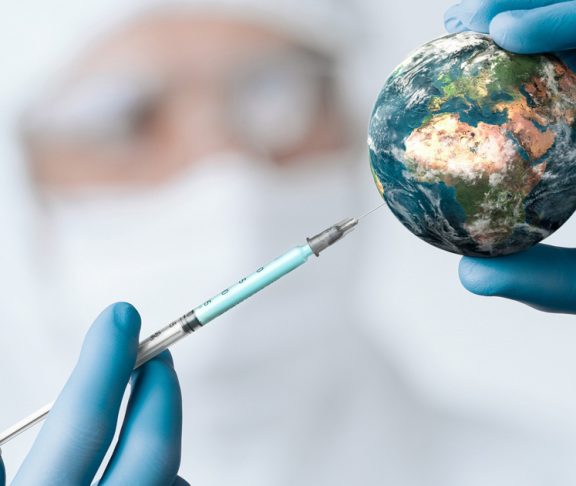
Dr. Muhammad Ali Pate
Global Director for Health, Nutrition and Population, World Bank
As scientists race to produce COVID-19 vaccines, the World Bank is helping developing countries boost their health systems to ensure broad access to immunisation.
Vaccines are critical to combat the virus that is currently causing human and economic devastation around the world. To contain the COVID-19 pandemic, it is also important to ensure that all countries, including the poorest, have fast, fair and equitable access to safe and effective vaccines and medical treatments, when available.
Strengthening health systems
Obtaining vaccines is only the first step. Health systems in developing countries need to be equipped to deliver immunisations and safe treatments to households and individuals. We are providing extensive financing and technical expertise to help countries strengthen their health infrastructure and frontline workforce in advance of COVID-19 vaccines.
Different needs in different countries
Needs vary in each country: from training vaccinators, managing vaccine storage, planning logistics for vaccine delivery, enhancing laboratory capacity, to devising effective public information campaigns on COVID-19 prevention and immunisation. All of which are all crucial tools to combat the pandemic.
We will do everything we can do to help developing countries bolster their health systems to be able to deliver safe and effective vaccines when they become available.
The importance of primary health services
Boosting the resilience of primary health care systems is central to the World Bank’s work in developing countries. Strong health systems are key not only to distribute COVID-19 vaccines, but also to ensure other health services, especially maternal and child services, can continue during a pandemic. Our early estimates suggest child mortality could increase up to 45% because of health-service shortfalls and reduced access to food.
Ensuring equitable access to COVID-19 vaccines is essential to overcome this global health crisis, save lives and rebuild livelihoods around the world. It is also important that governments engage with communities to ensure citizens have the information they need about COVID-19.
We will do everything we can do to help developing countries bolster their health systems to be able to deliver safe and effective vaccines when they become available.
The World Bank is deploying US$12 billion to help developing countries purchase and distribute vaccines, tests and treatments for their citizens. In addition, its COVID-19 emergency response operations ongoing in over 100 countries accounting for 70% of the global population. All of this is part of a $160 billion World Bank package designed to mitigate the destructive health, social and economic impact of the pandemic in low- and lower-middle-income countries.


